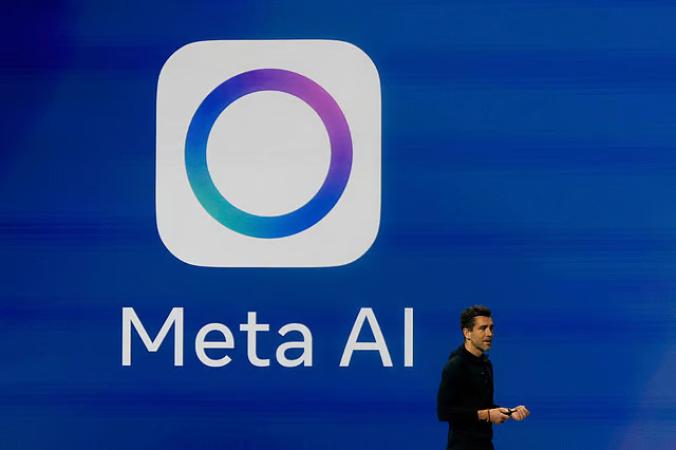A U.S. federal judge has dismissed a copyright lawsuit filed by 13 authors against Meta Platforms, the parent company of Facebook, over the use of their books to train artificial intelligence systems. The authors claimed Meta had illegally copied their works to improve its AI model, LLaMA, without permission or payment. However, the judge ruled that the lawsuit failed because the authors used incorrect legal arguments and didn’t provide enough evidence.
Judge Vince Chhabria of the U.S. District Court in San Francisco made it clear that this decision does not mean Meta’s use of copyrighted material is legal. Instead, he emphasized that the authors in this specific case simply did not build a strong argument. “This ruling does not stand for the proposition that Meta’s use of copyrighted materials to train its language models is lawful,” the judge stated. “It only means these plaintiffs made the wrong arguments.”
The authors who sued Meta include well-known names like Sarah Silverman, Ta-Nehisi Coates, and Jacqueline Woodson. Their lawyers argued that Meta copied their books from unauthorized online sources—often known as “shadow libraries”—and used them without paying for licenses. They said this massive copying helped improve Meta’s AI tools at the authors’ expense.
Meta responded by saying their AI system doesn’t reproduce the authors’ actual text and that it produces new and original content. The company also claimed that no one has used its chatbot LLaMA as a replacement for the authors’ actual books. Meta added that their use of copyrighted material falls under “fair use,” a legal concept that allows limited copying for new, creative, or educational purposes.
Although Meta won this round, the judge’s comments suggested that the door is still open for future lawsuits—if they are better argued. In fact, Judge Chhabria hinted that Meta and other AI companies might still be engaging in “serial copyright infringement.” He pointed out that these companies are making huge profits using creative works, and if such use is essential to building their technology, they should find a way to pay the original creators.
Judge Chhabria said this lawsuit only affects the 13 authors involved and doesn’t decide the rights of other writers whose work might have been used without permission. He also dismissed the idea that following copyright laws would slow down innovation in AI, stating that companies can still innovate while respecting the law and paying creators fairly.
Earlier in the week, another judge in the same courthouse ruled on a similar case involving AI company Anthropic. That judge said Anthropic didn’t break copyright laws by training its chatbot using books but still allowed part of the case to move forward because the books may have been obtained from pirate websites.
In the Meta case, Judge Chhabria’s final message was clear: this is not the end of the legal road for authors. Better-prepared lawsuits might still succeed in court. For now, Meta avoids liability, but the debate over how AI companies use creative works is far from over.

